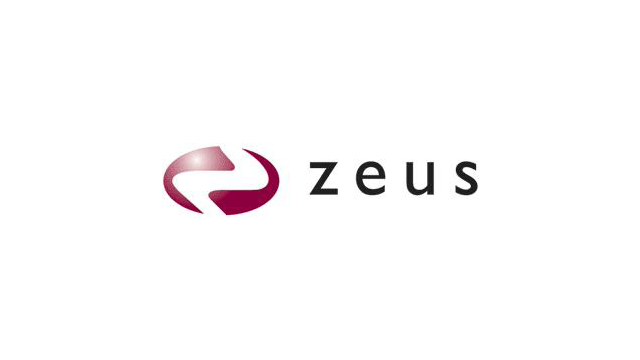Cloud Tools: Zeus Traffic Manager

Pros, cons, and recommended use
 Application delivery controllers were developed to improve the performance and reliability of traditional web applications. Since then, they have moved on significantly from simple hardware devices with load-balancing TCP connections. Zeus Traffic Manager is an application delivery controller for managing bandwidth. This tool controls application traffic, while inspecting, transforming, and routing requests as it load balances them across the application infrastructure.
Application delivery controllers were developed to improve the performance and reliability of traditional web applications. Since then, they have moved on significantly from simple hardware devices with load-balancing TCP connections. Zeus Traffic Manager is an application delivery controller for managing bandwidth. This tool controls application traffic, while inspecting, transforming, and routing requests as it load balances them across the application infrastructure.
Pros
- Zeus Traffic Manager enables application acceleration, traffic prioritization, and bandwidth usage control to mitigate the effect of flash floods. It also features such capabilities as TCP offload, traffic buffering, concurrency control, and HTTP optimizations. Zeus Traffic Manager helps to offload compute-intensive tasks, and its integrated HTTP content caching reduces the load on system infrastructure.
- The system can be deployed in the manner that best suits business needs. For example, as software for Linux or Solaris servers and a virtual appliance for many virtualization platforms, such as VMware Virtual Infrastructure, VMware vSphere, XenServer, and OracleVM. It can be also used on any supported cloud infrastructure platform, including Rackspace Cloud, Joyent, and Amazon EC2.
- The tool features different administration and diagnostics interfaces, including the web-based administration interface, SOAP, and command-line APIs.
- Zeus load balancer can give greater control over managing application traffic with Zeus TrafficScript. It’s a simple scripting language, built right into the core of Zeus Traffic Manager. It gives finer control over how individual requests are optimized, routed, and transformed, enabling traffic management rules to be created using Java extensions.
- The solution provides real-time analytics about application traffic, diagnosing problems and anomalies. It also helps QA and development staff in understanding how clients interact with their applications. The tool helps QA and development teams to understand how clients interact with applications. Zeus Traffic Manager also features a firewall module, which enables compliance with the Payment Card Industry Data Security Standard (PCI DSS) for overall application security. The controller has application autoscaling to interact with virtualization and cloud platforms and control how an app is resourced in response to load and performance.
Cons
The challenges one may face using Zeus Traffic Manager include customization of traffic management policies and requirements to have necessary knowledge on networking, particular programming languages, and monitoring extensions. This problem is, however, common to a number of other traffic management and monitoring tools. So, you just need to bear that in mind.
Recommended use
Zeus Traffic Manager can be utilized to work with high-loaded content-enabled applications (CRM, BPM, ECM, CMS) and composite content platforms. Content management systems, social networks, information access services, engagement and collaboration systems, and publishing services may also find this solution especially useful.
Further reading
- Cloud Tools: Jungle Disk Backup and Recovery
- Cloud Tools: Efficient System Administration with Splunk
- Cloud Tools: Olark Web Chat




